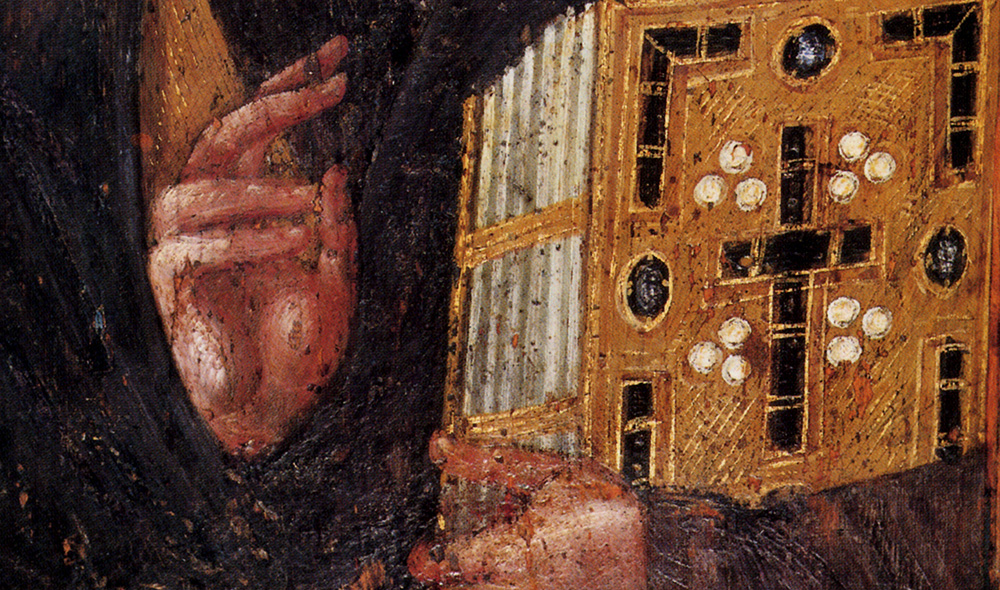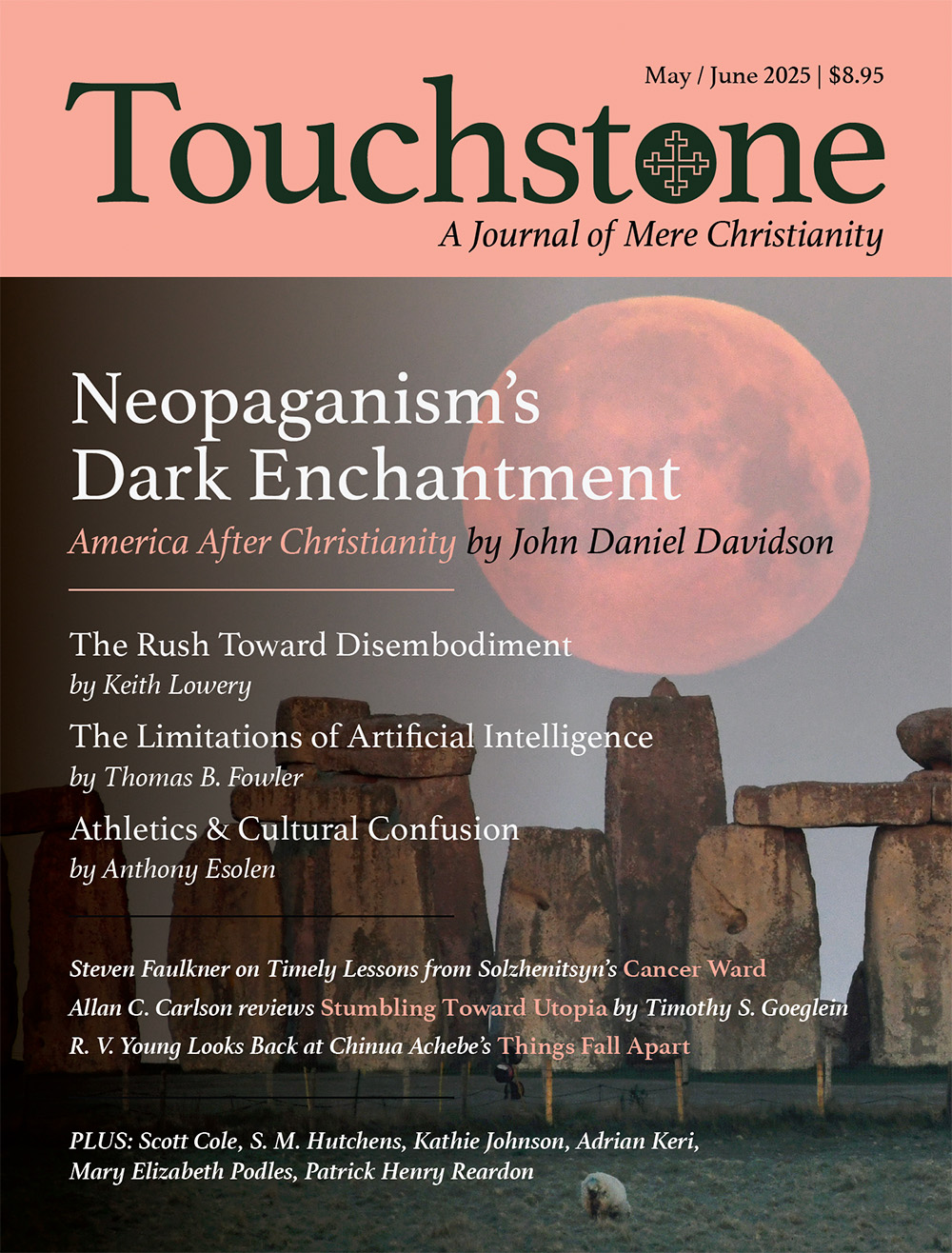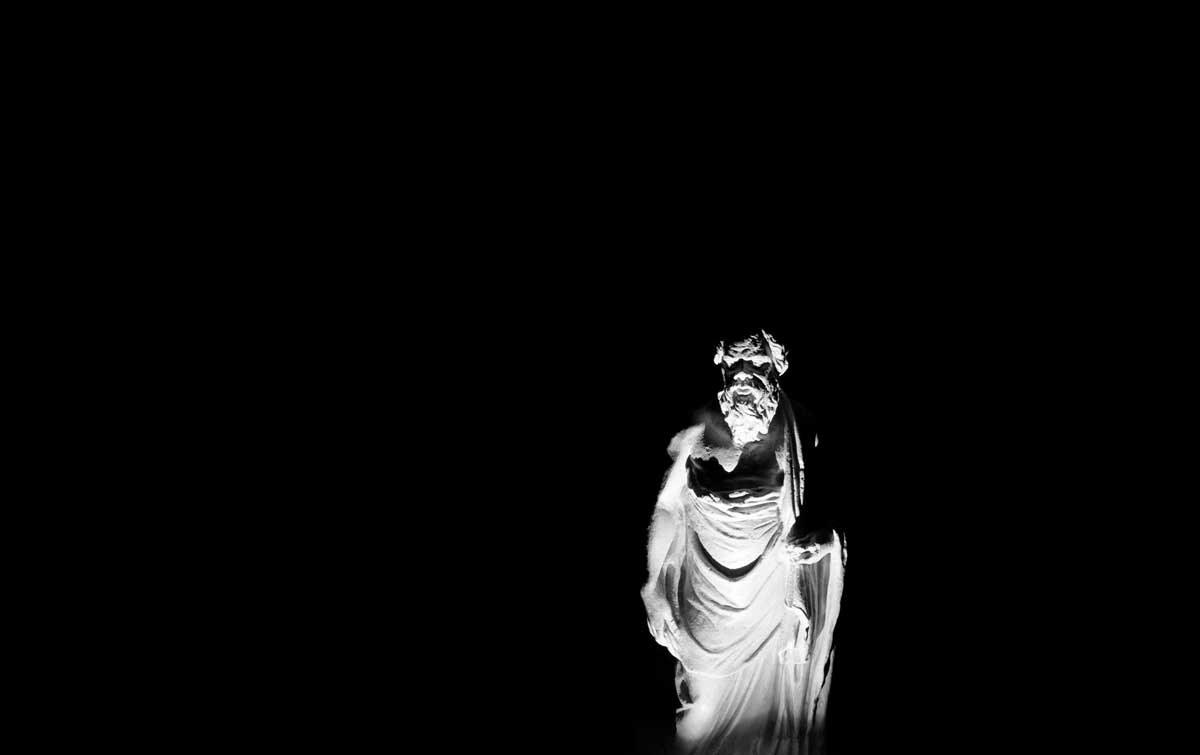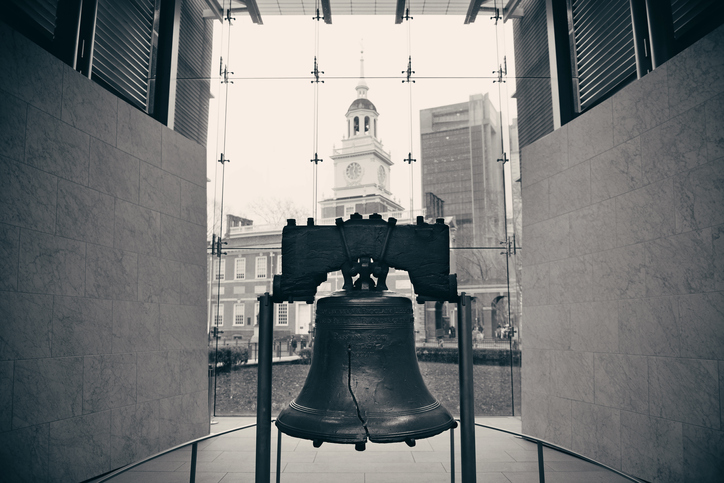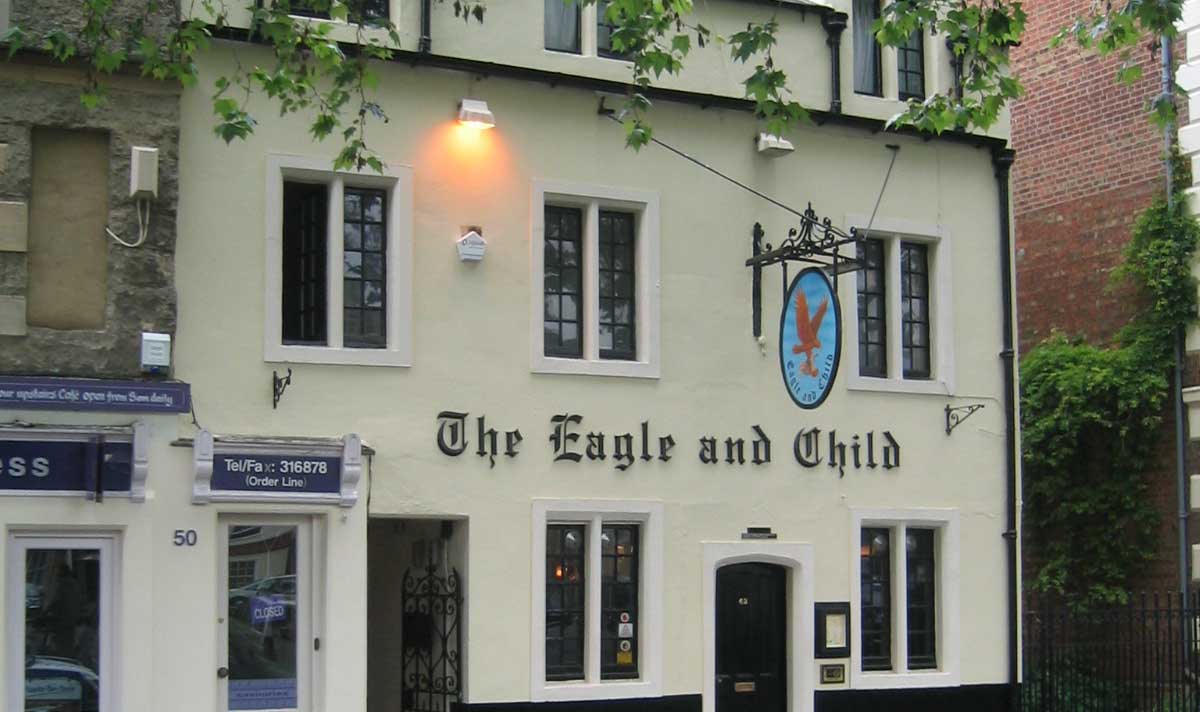Supreme Thinking
Christianity & the Limitations of Artificial Intelligence
Artificial Intelligence (AI) is relentlessly hyped as the next world-changing technological innovation, able to displace myriad jobs and dominate all areas of human thought and activity. In the Touchstone article “AI Demonic” (November/December 2023) Paul Kingsnorth takes this a step further, agonizing over the human-like behavior exhibited by various AI systems, and their seemingly inexorable (and frightening) trajectory. But is there a real demonic force behind AI, one that is sentient and can interact through these machines, as Mr. Kingsnorth avers? Do the machines have human capabilities? If so, it would complete the physicalist view of reality and its associated conviction that knowing is essentially algorithmic, capable of replication with computer-type machinery, thus crowding out faith-based understanding of human beings as unique. Or perhaps this is merely wishful thinking based on a flawed understanding of human knowing and abilities?
Here I turn the tables on the overblown claims for AI by showing that AI is important because the failure of these claims will (1) reveal the limitations of computers and the physicalist view of reality, and consequently (2) bring into high relief the need for and superiority of the Judeo-Christian view of man. Unlike AI, Judaism and Christianity are anchored in reality, both physical and spiritual—as is obvious from the Bible, history, and tradition. Correlatively, they speak the language of truth, because truth and reality are intimately related. Hence, this discussion of AI will center around our ability to perceive reality and know truth, coupled with our ability to think creatively about them, contrasted with AI’s inherent inability to do either. We shall do this with reference to religious art and how we experience it.
The Paradigm of Knowing in AI
THIS ARTICLE ONLY AVAILABLE TO SUBSCRIBERS.
FOR QUICK ACCESS:
Thomas B. Fowler , Sc.D., is president of the Xavier Zubiri Foundation, a technology consultant to the U.S. government, and an Adjunct Professor of Engineering at George Mason University. He is author of four books and 150 articles on philosophy, theology, engineering, mathematics, astronomy, and physics. In today’s environment, he is especially interested in correcting widely promoted but incorrect perceptions of science and its capabilities.
bulk subscriptions
Order Touchstone subscriptions in bulk and save $10 per sub! Each subscription includes 6 issues of Touchstone plus full online access to touchstonemag.com—including archives, videos, and pdf downloads of recent issues for only $29.95 each! Great for churches or study groups.
Transactions will be processed on a secure server.
more from the online archives
calling all readers
Please Donate
"There are magazines worth reading but few worth saving . . . Touchstone is just such a magazine."
—Alice von Hildebrand
"Here we do not concede one square millimeter of territory to falsehood, folly, contemporary sentimentality, or fashion. We speak the truth, and let God be our judge. . . . Touchstone is the one committedly Christian conservative journal."
—Anthony Esolen, Touchstone senior editor





